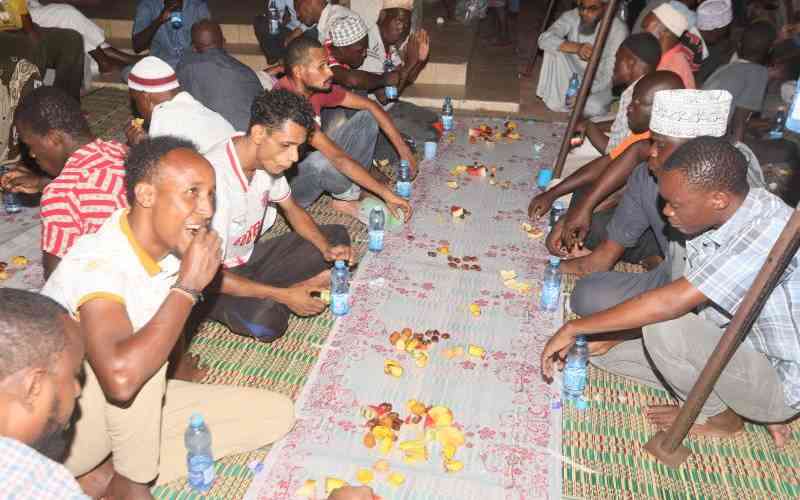×
The Standard e-Paper
Fearless, Trusted News

Of all forms of worship, fasting may arguably be the most distinct. Even those who do not participate in fasting are affected by the act of worship which seems to transform the world into a hallowed and divine existence.
According to studies on the impact of Ramadhan, behaviour and trends shift during the month of Ramadhan making it unique which according to scholars is just a tip of the iceberg on exactly why Ramadhan is such a phenomenal worship duration.